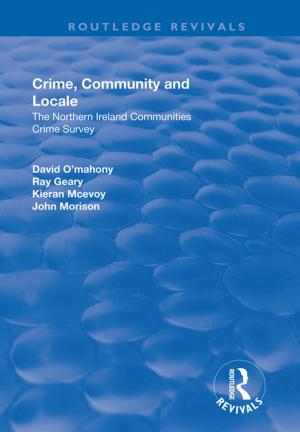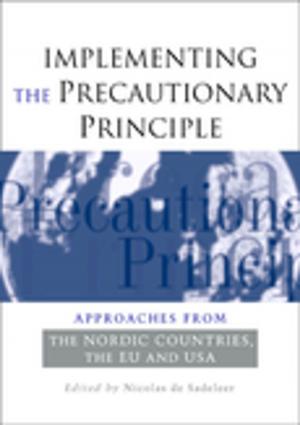The Invention of Discovery, 1500–1700
Nonfiction, Science & Nature, Science, Other Sciences, History| Author: | ISBN: | 9781317027065 | |
| Publisher: | Taylor and Francis | Publication: | March 3, 2016 |
| Imprint: | Routledge | Language: | English |
| Author: | |
| ISBN: | 9781317027065 |
| Publisher: | Taylor and Francis |
| Publication: | March 3, 2016 |
| Imprint: | Routledge |
| Language: | English |
The early modern period used to be known as the Age of Discovery. More recently, it has been troped as an age of invention. But was the invention/discovery binary itself invented, or discovered? This volume investigates the possibility that it was invented, through a range of early modern knowledge practices, centered on the emergence of modern natural science. From Bacon to Galileo, from stagecraft to math, from martyrology to romance, contributors to this interdisciplinary collection examine the period's generation of discovery as an absolute and ostensibly neutral standard of knowledge-production. They further investigate the hermeneutic implications for the epistemological authority that tends, in modernity, still to be based on that standard. The Invention of Discovery, 1500-1700 is a set of attempts to think back behind discovery, considered as a decisive trope for modern knowledge.
The early modern period used to be known as the Age of Discovery. More recently, it has been troped as an age of invention. But was the invention/discovery binary itself invented, or discovered? This volume investigates the possibility that it was invented, through a range of early modern knowledge practices, centered on the emergence of modern natural science. From Bacon to Galileo, from stagecraft to math, from martyrology to romance, contributors to this interdisciplinary collection examine the period's generation of discovery as an absolute and ostensibly neutral standard of knowledge-production. They further investigate the hermeneutic implications for the epistemological authority that tends, in modernity, still to be based on that standard. The Invention of Discovery, 1500-1700 is a set of attempts to think back behind discovery, considered as a decisive trope for modern knowledge.















